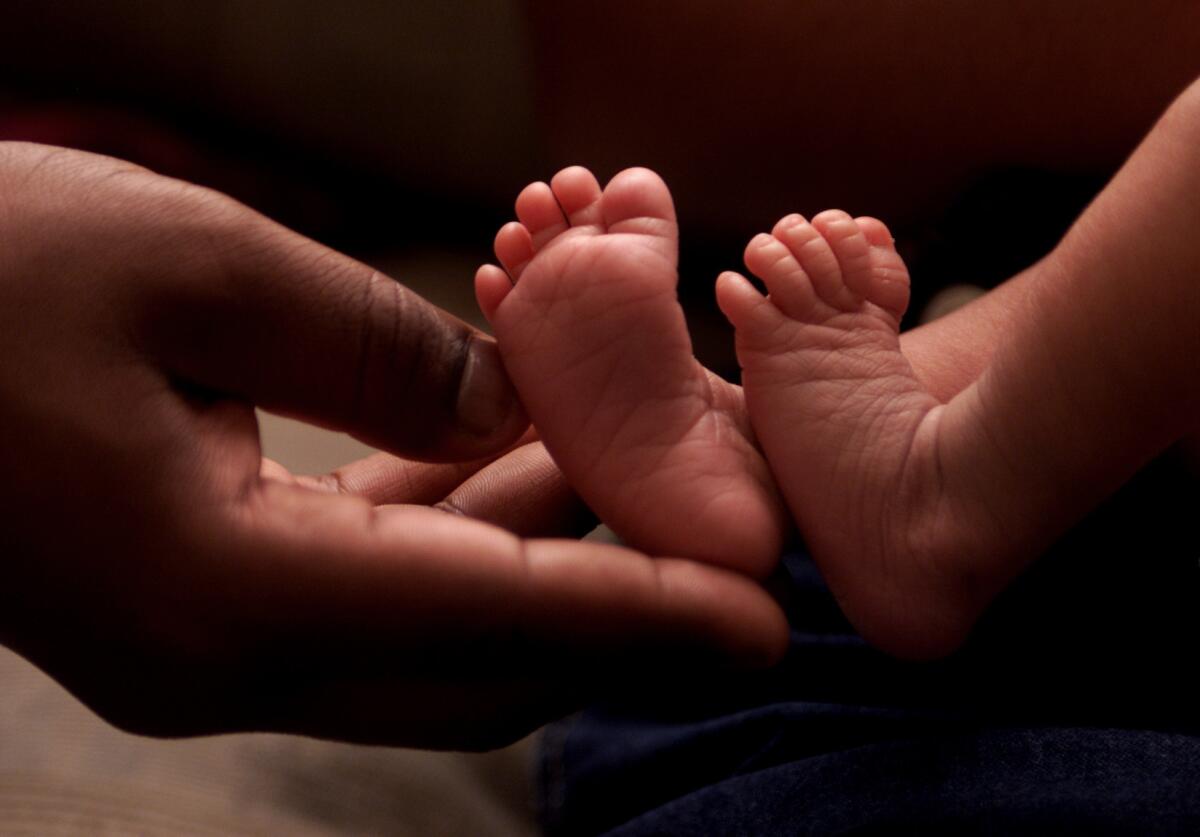Longer maternity leave in Norway has few long-term benefits, study says

Nearly doubling maternity leave in Norway had little long-term effect on children’s school performance, parent’s income or the labor participation of women, a new study found.
Extending paid leave for new Norwegian mothers to 35 weeks to 18 weeks ultimately led to “large increases in public spending” with a “considerable increase in taxes,” according to a study by the National Bureau of Economic Research.
The study found that maternity leave disproportionately benefited women from more affluent families since the program pays larger sums to people with higher incomes.
PHOTOS: Richest and poorest cities in America
“Our...finding is that paid maternity leave is regressive in the sense that eligible mothers have higher family incomes compared to ineligible mothers or childless individuals,” the study said. “The extra leave benefits amounts to a pure leisure transfer, primarily to middle and upper income families.”
The study does not argue against maternity leave in general, but concluded that merely extending the period of paid leave did not result in any significant benefits to working families.
Even so, the results could be used by opponents of the U.S. adopting paid leave for working parents after the birth of a child.
PHOTOS: Best and worst countries in which to grow old
The U.S. is the last member among the 34-country Organization for Economic Cooperation and Development that does not mandate some sort of maternity or paternity leave. The median amount of paid leave offered to mothers in OECD countries, according to the study, had climbed to 42 weeks in 2011 from 14 in 1980.
Follow Shan Li on Twitter @ShanLi







